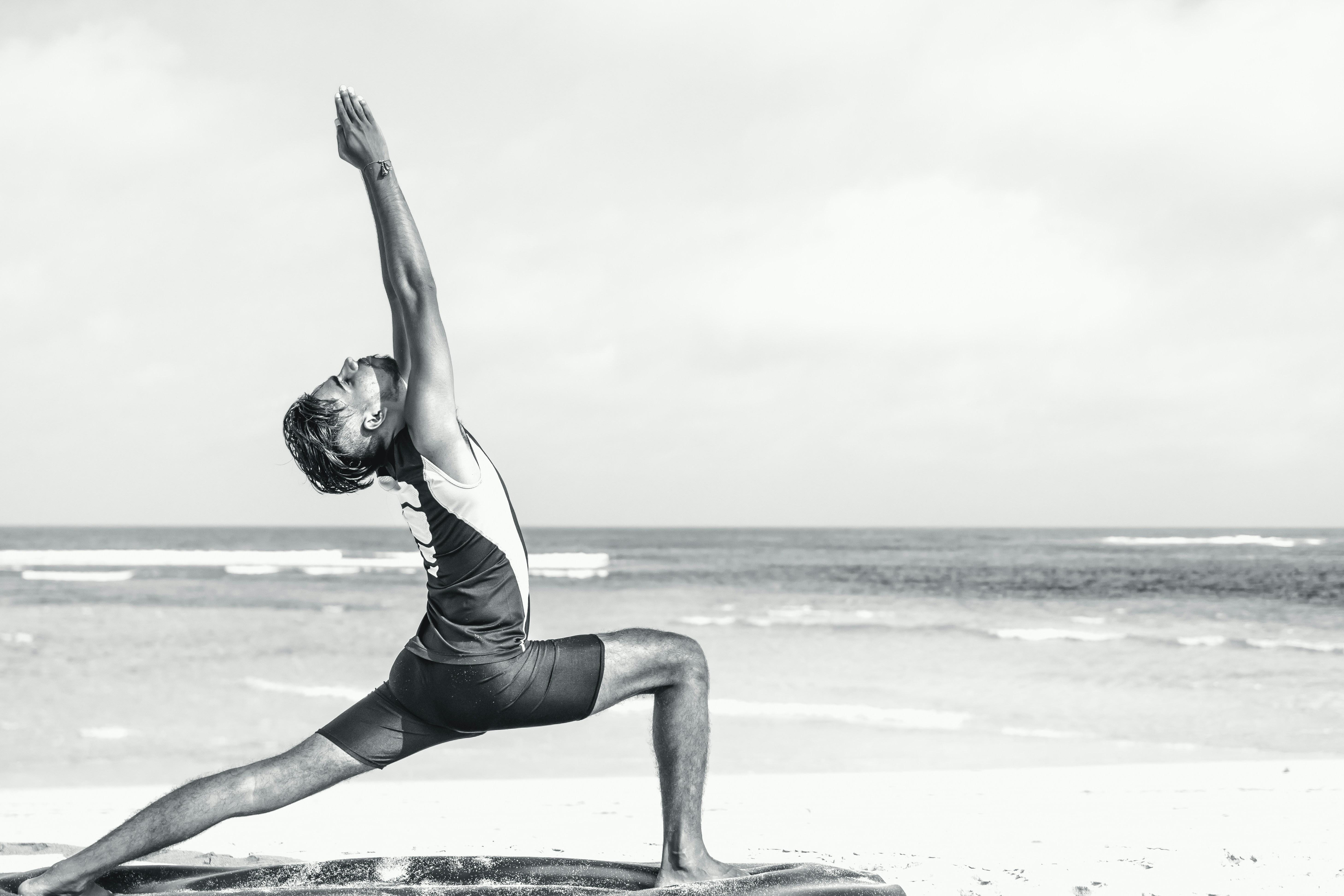In the kaleidoscope of childhood, where vibrant imaginations dance freely, stress can often cast unexpected shadows. As children navigate the complexities of modern life, from academic pressures to social challenges, the question arises: how can we equip them with tools to manage these burdens? Enter yoga—a practice rooted in ancient wisdom yet ever-evolving in its application. As parents, educators, and healthcare professionals seek holistic approaches to support young minds, yoga emerges as a potential ally. This article delves into the intriguing possibility of yoga as a sanctuary for children grappling with severe stress, exploring its benefits, challenges, and the transformative power it may hold in fostering resilience and tranquility.
Understanding the Impact of Stress on Young Minds
In recent years, the mounting pressure from academic demands, social dynamics, and even extracurricular activities has spotlighted the profound effects of stress on young minds. Yoga, with its holistic approach, offers a sanctuary of calm and balance. This ancient practice can potentially be a transformative tool for children facing severe stress, as it fosters not just physical well-being, but mental resilience. Through yoga, kids can learn to navigate their emotions and stressors more effectively, leveraging techniques that encourage self-awareness and emotional regulation.
- Mindfulness and Focus: Yoga emphasizes breathing and concentration, helping children develop a mindful approach to their thoughts and feelings.
- Emotional Balance: Regular practice can lead to improved emotional stability, allowing children to handle stressors with greater ease.
- Physical Relaxation: The physical aspect of yoga promotes relaxation and reduces tension, providing a much-needed break from stress.
By integrating yoga into their routine, children can gain tools to manage stress proactively, potentially reducing the risk of stress-related issues as they grow. The gentle nature of yoga makes it an accessible option for children of all ages, offering a path to both inner peace and outward strength.

Exploring the Benefits of Yoga for Childrens Mental Health
In today’s fast-paced world, children are not immune to the pressures and stresses that can weigh heavily on their mental well-being. Yoga, an ancient practice that promotes harmony between mind and body, offers a beacon of hope for young minds grappling with severe stress. This practice can provide a sanctuary of calmness and clarity, enabling children to navigate their emotions and thoughts with greater ease. By integrating yoga into their daily routine, children can experience a range of benefits:
- Improved Focus and Concentration: Through various poses and breathing exercises, yoga enhances a child’s ability to concentrate, fostering a more focused mindset.
- Emotional Regulation: As children learn to connect with their breath and body, they gain tools to manage their emotions more effectively, reducing anxiety and stress.
- Enhanced Physical Health: Beyond mental benefits, yoga contributes to physical strength and flexibility, which can improve overall well-being.
- Mindfulness Development: By practicing mindfulness, children become more aware of the present moment, helping them to break free from the cycle of stress and worry.
Yoga offers a non-competitive, nurturing environment where children can explore these benefits at their own pace, making it an ideal practice for those facing severe stress. Through consistent practice, children may discover a newfound resilience and sense of peace, empowering them to tackle life’s challenges with confidence.

Practical Yoga Techniques to Alleviate Stress in Kids
Incorporating yoga into a child’s routine can be a gentle yet effective way to manage stress. By engaging in specific poses and breathing exercises, children can learn to channel their energy positively and develop coping mechanisms. Some beneficial techniques include:
- Child’s Pose (Balasana): This resting pose encourages relaxation and helps children feel grounded. It’s a perfect way to calm the mind and body, providing a safe space for kids to reconnect with their breath.
- Tree Pose (Vrksasana): Balancing poses like this one can improve concentration and focus, teaching children how to steady their minds in challenging situations.
- Deep Breathing (Pranayama): Simple breathing exercises can work wonders in reducing anxiety. Encouraging kids to take deep, mindful breaths can help them center themselves and ease stress.
Integrating these yoga practices into daily activities can foster a sense of peace and stability, empowering children to handle stress more effectively. With regular practice, these techniques can become valuable tools in their emotional toolkit.

Creating a Supportive Environment for Yoga Practice at Home
Crafting a nurturing space for yoga practice at home can significantly enhance the experience, especially for children dealing with severe stress. Start by selecting a quiet area where distractions are minimized. Natural light can be soothing, so if possible, choose a spot near a window. The addition of calming elements such as indoor plants or a small water fountain can create a peaceful ambiance.
- Comfortable Yoga Mats: Invest in high-quality mats that provide adequate cushioning.
- Inspirational Decor: Use posters or wall hangings with positive affirmations or nature themes.
- Essential Oils or Incense: Incorporate subtle scents like lavender or chamomile to promote relaxation.
- Soundscapes: Play gentle music or nature sounds to create a tranquil environment.
Encouraging children to personalize their space can also help them feel more connected and invested in their practice. Whether it’s choosing the color of their yoga mat or selecting their favorite essential oil scent, these small personal touches can make a big difference in creating a supportive and welcoming atmosphere.

